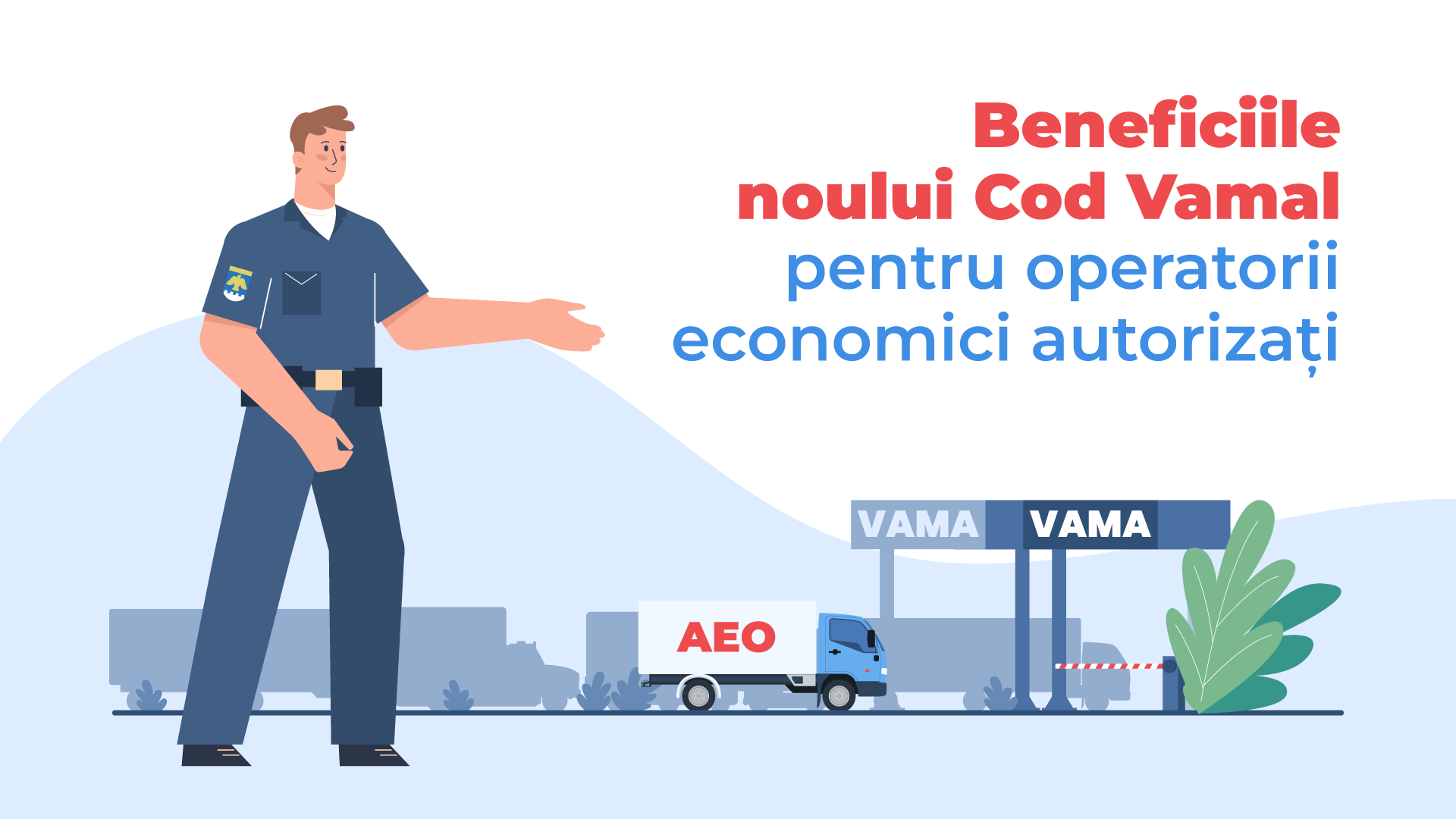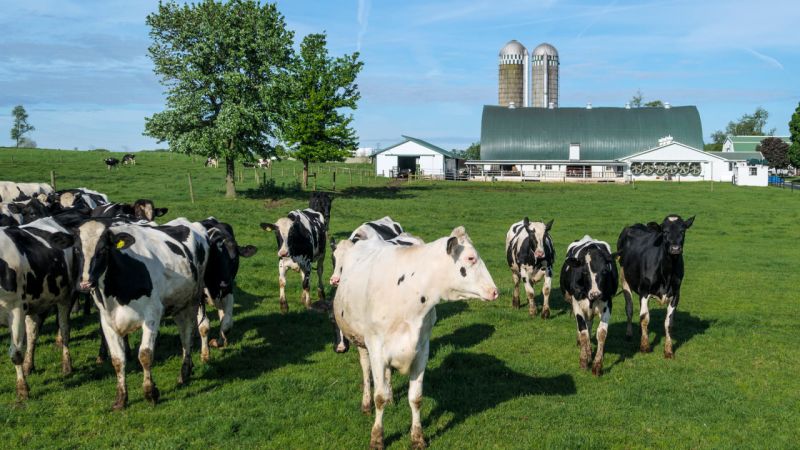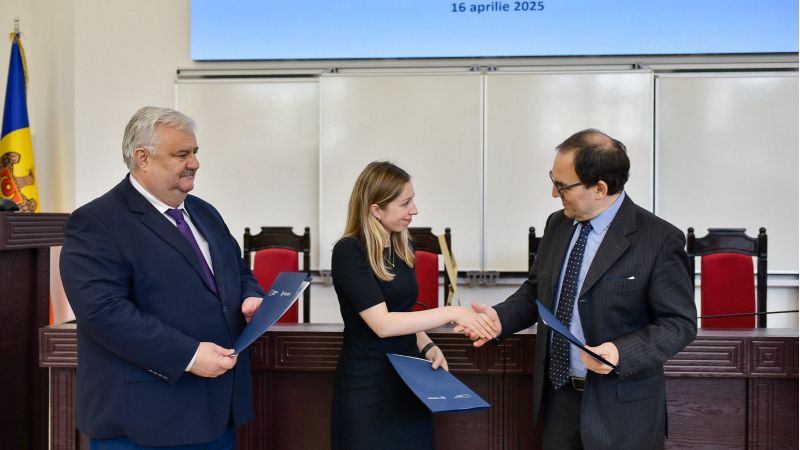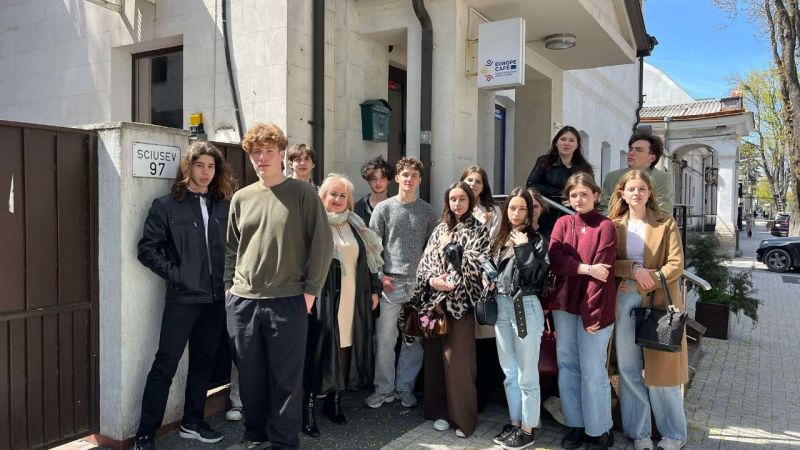
Benefits of the New Customs Code of the Republic of Moldova for Authorised Economic Operators
As Moldova moves closer to European integration, the new Customs Code aims to make things simpler and easier for everyone. The new Code offers a series of benefits for economic operators who hold Authorised Economic Operator (AEO) status. Faster customs clearance procedures, less bureaucracy, and more freedom to trade with European countries and beyond – these are just some of the benefits that operators can enjoy thanks to the new Customs Code.
An Authorised Economic Operator (AEO) benefits from favourable treatment in customs controls compared to other economic operators, depending on the type of authorisation granted. They undergo fewer physical and documentary controls as outlined in Article 37 of the Customs Code of the Republic of Moldova No. 95/2021.
The customs legislation of the Republic of Moldova outlines the following cases where AEO status for customs simplifications offers advantages to the economic operator:
- AEO status grants access to a simplification/authorisation for:
- Reduced global guarantee amount
- Registration as a declarant with exemption from the obligation to present goods
- Centralised clearance
- Certain criteria applicable to a specific simplification/authorization are included in the AEO criteria in the following cases:
- Authorisation of another space than the competent customs office (presentation of goods)
- Authorisation for simplified customs declarations
- Authorisation for registration in the declarant’s records
- Approved consignee (TIR)
- Authorisation for simplifications related to transit (approved consignee, approved consignor, own seals)
- The criteria applicable to a specific simplification/authorization are considered equivalent to the AEO criteria in the following cases:
- Authorisation for the operation of temporary storage facilities
- Authorisation for special regimes (use of the final destination customs regime, temporary admission, outward processing, inward processing, storage in a customs warehouse).
Accordingly, the benefits for an Authorised Economic Operator include simplified declarations, recording in the declarant’s registers, and centralised customs clearance:
- They can declare goods under a customs regime and may omit some of the data or supporting documents.
- They have the right to defer the payment of import duties for up to 30 days from the notification date.
- The procedure for recording in the declarant’s registers allows the transport vehicle to go directly to the authorised economic operator’s warehouse without needing to present the goods at the customs office.
- They can submit a customs declaration at the customs office where they are established for goods presented at another customs office.
- The entire customs clearance process is expedited, allowing the operator to handle their goods more quickly.
- Control before customs clearance is only conducted in exceptional cases.
To ensure that these benefits are utilised most efficiently for both the AEO and the Customs Service, the relationship between the specific authorisation and AEO status must be maintained throughout the entire process. This includes not only the application stage but also the monitoring and reevaluation after the authorisation/status is granted.
Applicants and authorisation holders must meet the following criteria for a specific type of simplification/authorisation (included in the AEO criteria):
- No serious or repeated violations of customs and tax legislation, including no criminal record of serious offenses related to the applicant’s economic activity.
- A management system for commercial and transport records that allows for proper customs controls.
- Practical standards of competence or professional qualifications directly related to the activities performed.
The Customs Code establishes the legal, economic, and organisational principles of customs activities, as well as the general rules and procedures applicable to goods entering or leaving the customs territory. It is designed to defend the sovereignty and economic security of the Republic of Moldova.
The new Customs Code of the Republic of Moldova, with its recent amendments, not only protects the country’s economic interests but also facilitates international trade by providing an efficient business environment and contributing to the country’s economic development.








